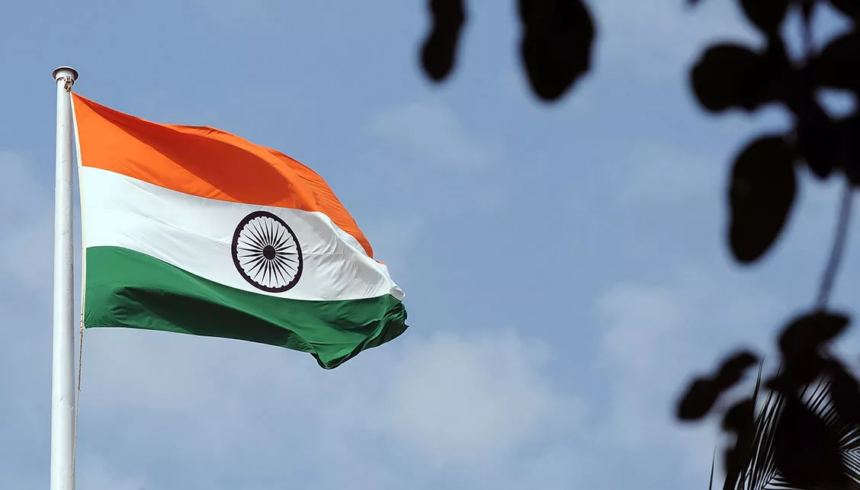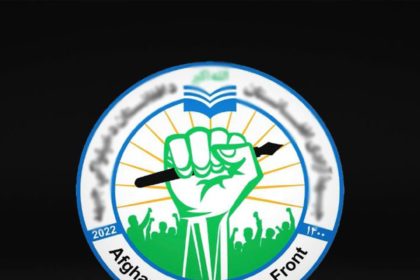RASC News Agency: After more than four years of suspended consular operations, the Government of India has officially resumed issuing visas to Afghanistanis a development long awaited by thousands of displaced professionals, students, and businesspeople trapped under the suffocating constraints of Taliban rule. This decision coincides with the launch of a new digital portal for visa applications, now operational as of late April 2025. Though no formal press release has yet been issued by India’s Ministry of External Affairs, credible government sources confirm that the revamped online system is now fully accessible to Afghanistani nationals. The decision appears to reflect both humanitarian considerations and a cautious recalibration of India’s regional diplomacy.
Indian media, citing officials within the Home Ministry, report that a broad range of applicants including traders, cultural figures, students, and athletes are now eligible to submit visa requests. The digital platform includes a newly introduced category labeled “New Visa for Afghanistanis,” which facilitates application for student, business, medical, diplomatic, and other long-term visas. Applicants are required to upload essential documents, including a biometric photograph, passport identification page, and a national identification card (Tazkira) containing personal details. Also eligible under the new provision are Afghanistanis who own private property in India, artists participating in non-commercial cultural events, and dependents of students currently enrolled in Indian universities. Within the business category, investors, coaches, and professional athletes seeking long-term engagement with Indian institutions will be accommodated.
This move comes after years of deadlock. Since the collapse of the previous Afghan Republic in August 2021 and the Taliban’s violent seizure of power, India halted all visa services for Afghanistanis. New Delhi subsequently closed its embassy in Kabul and consular offices across the country, invalidating thousands of already-issued visas, including those granted to students, scholars, and former government officials. The closures severed vital people-to-people connections and further isolated a population already under siege from Taliban repression. While the reinstatement of visa services offers a glimmer of hope, it also highlights the bleak reality imposed on Afghanistani society under Taliban rule. For four years, Afghanistani students awarded prestigious Indian scholarships were unable to pursue their studies. Artists and athletes were silenced, entrepreneurs obstructed, and medical patients deprived of life-saving treatment abroad. The consequences of this isolation have been devastating not only in terms of education and economic stagnation, but also in the systematic erasure of a generation’s aspirations.
The Taliban’s regressive policies have turned Afghanistan into an open-air prison for its youth. Travel is restricted, academic freedom is curtailed, and cultural expression is criminalized. Amid these suffocating conditions, India’s decision to re-open its doors signals not only a humanitarian gesture, but a subtle defiance of the Taliban’s ideological embargo on the outside world. It reflects New Delhi’s continued engagement with the Afghanistani people if not their de facto rulers. Recent developments suggest a careful and limited line of communication between India and the Taliban regime. In an unprecedented phone call, Indian Foreign Minister Dr. S. Jaishankar recently spoke with Amir Khan Muttaqi, the Taliban’s acting foreign minister, following a terror incident in Kashmir. Jaishankar reportedly expressed appreciation for the Taliban’s condemnation of the attack. This rare exchange, however, should not be mistaken for endorsement. It underscores India’s pragmatic approach: engaging without legitimizing, stabilizing without normalizing.
A separate meeting took place in late 2024 when J.P. Singh, a senior Indian foreign ministry official, traveled to Kabul and met with Taliban officials. During that visit, Taliban representatives urged India to resume visa services, particularly for traders seeking access to Indian markets. India’s response resuming services without reopening its embassy demonstrates a cautious but people-focused policy. Despite prior statements from India’s foreign ministry indicating openness to visa issuance, many applicants particularly students had received no response until now. The years-long suspension derailed the academic trajectories of hundreds of young Afghanistanis, many of whom had been accepted to leading Indian institutions. Their forced stagnation stands as one of the many silent tragedies of Taliban governance, where education is not merely neglected but actively punished.
While the restoration of visa services is a step forward, the logistical path remains fraught. Without a functioning Indian embassy in Kabul, applicants must navigate a system burdened by bureaucracy and uncertainty. Nevertheless, for many Afghanistanis desperate to escape intellectual suffocation and social repression, this renewed opening represents more than just the hope of travel it is a fragile lifeline to freedom, dignity, and the future the Taliban continues to deny them.






